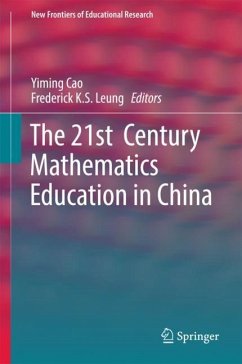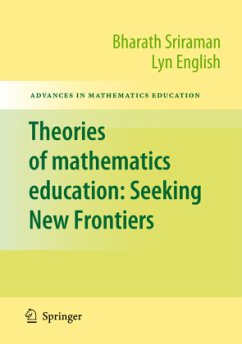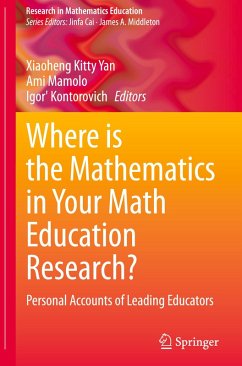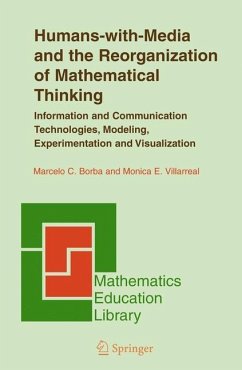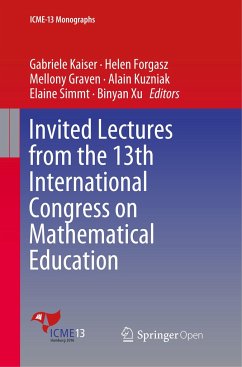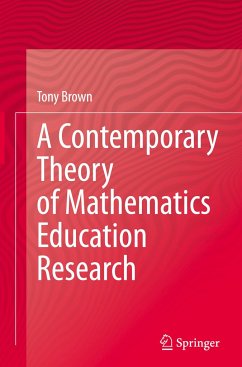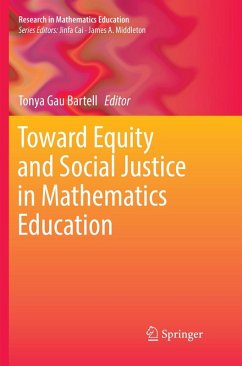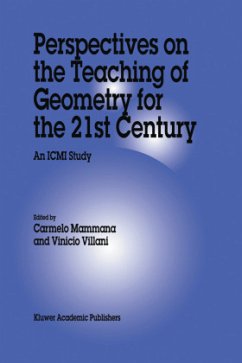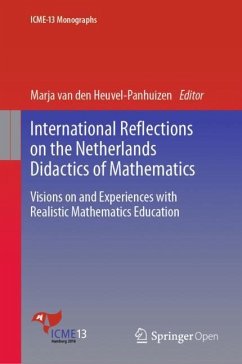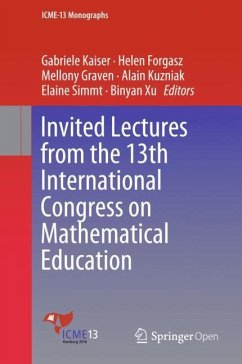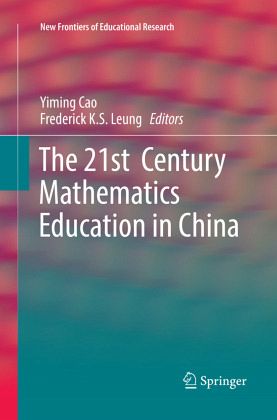
The 21st Century Mathematics Education in China
Versandkostenfrei!
Versandfertig in 6-10 Tagen
76,99 €
inkl. MwSt.

PAYBACK Punkte
38 °P sammeln!
This book intends to provide a comprehensive introduction to the status of development of Chinese mathematics education in the 21st century. To this end, the book summarizes and presents the research and practices of Chinese mathematics education in the following aspects: (1) characteristics of Chinese school mathematics curriculum and textbooks, (2) Chinese ways and strategies of teaching mathematics and the characteristics of mathematics classroom instruction in China, (3) Chinese instructional practices in developing (both gifted and underachieving) students' mathematical capabilities, (4) ...
This book intends to provide a comprehensive introduction to the status of development of Chinese mathematics education in the 21st century. To this end, the book summarizes and presents the research and practices of Chinese mathematics education in the following aspects: (1) characteristics of Chinese school mathematics curriculum and textbooks, (2) Chinese ways and strategies of teaching mathematics and the characteristics of mathematics classroom instruction in China, (3) Chinese instructional practices in developing (both gifted and underachieving) students' mathematical capabilities, (4) how professional development of mathematics teachers is promoted in China, including mathematics teachers' pre-service and in-service education, and how Chinese mathematics teachers design and implement teaching and research activities, and (5) how mathematics education is assessed and evaluated, including how to evaluate teachers' teaching and students' achievements. Relevant research in Chinese mathematics education involving methods of surveys, interviews, text analysis, etc., are reviewed and analyzed. Results of a number of video studies of Chinese mathematics classroom teaching and learning are also integrated into this book.



